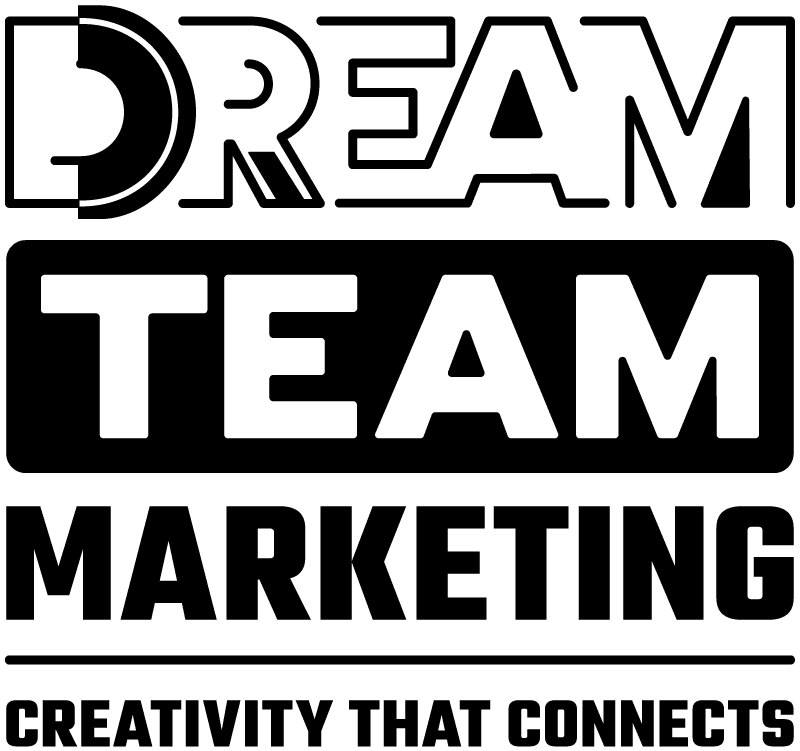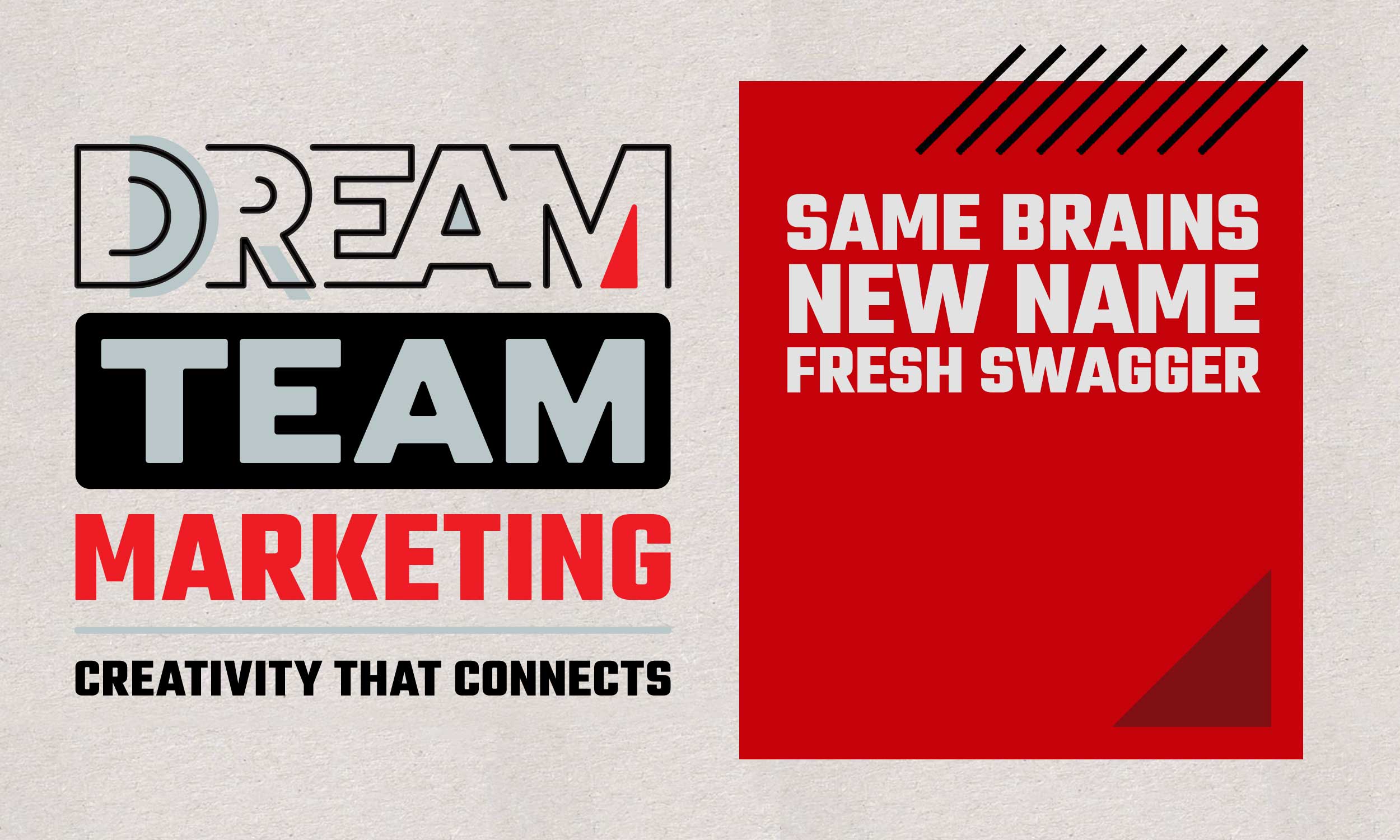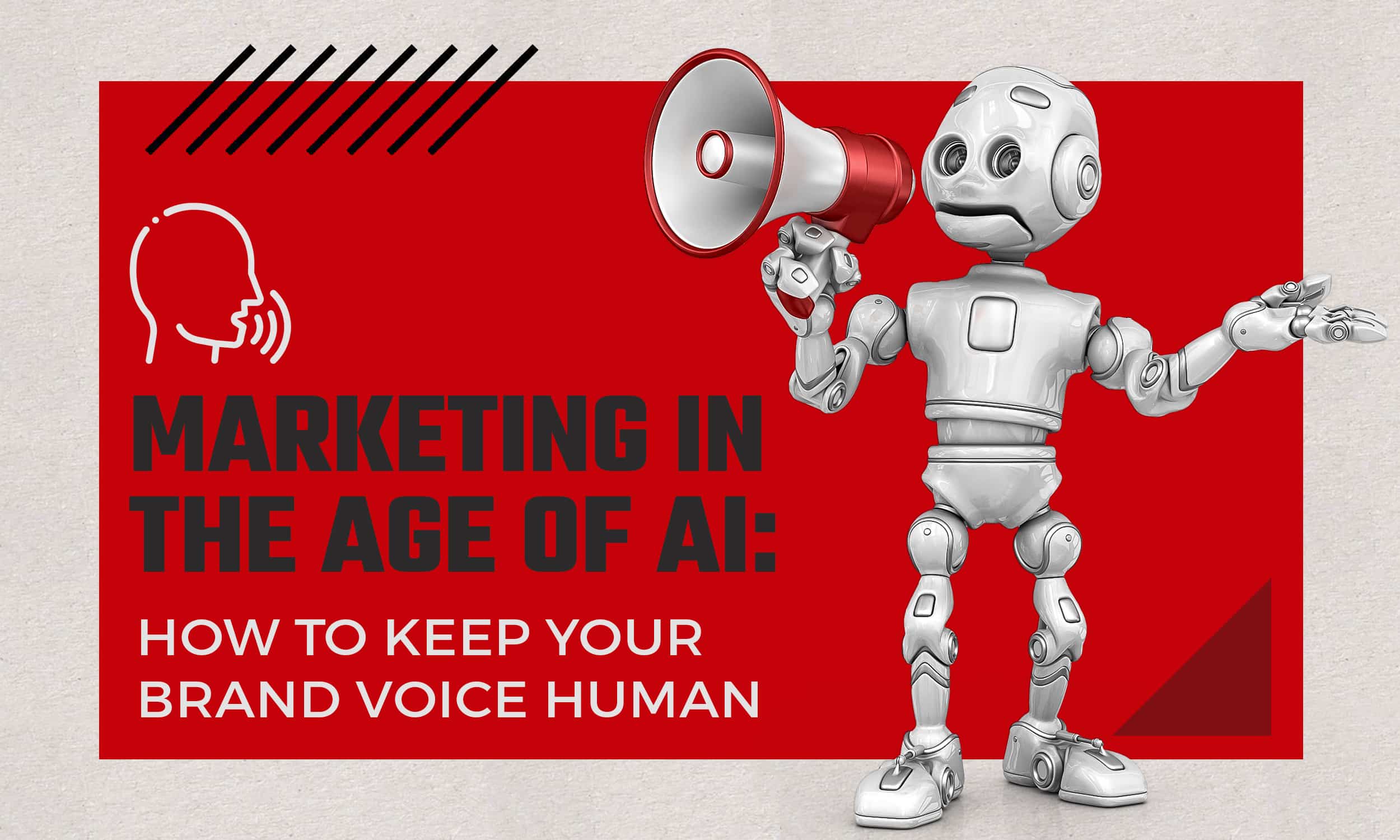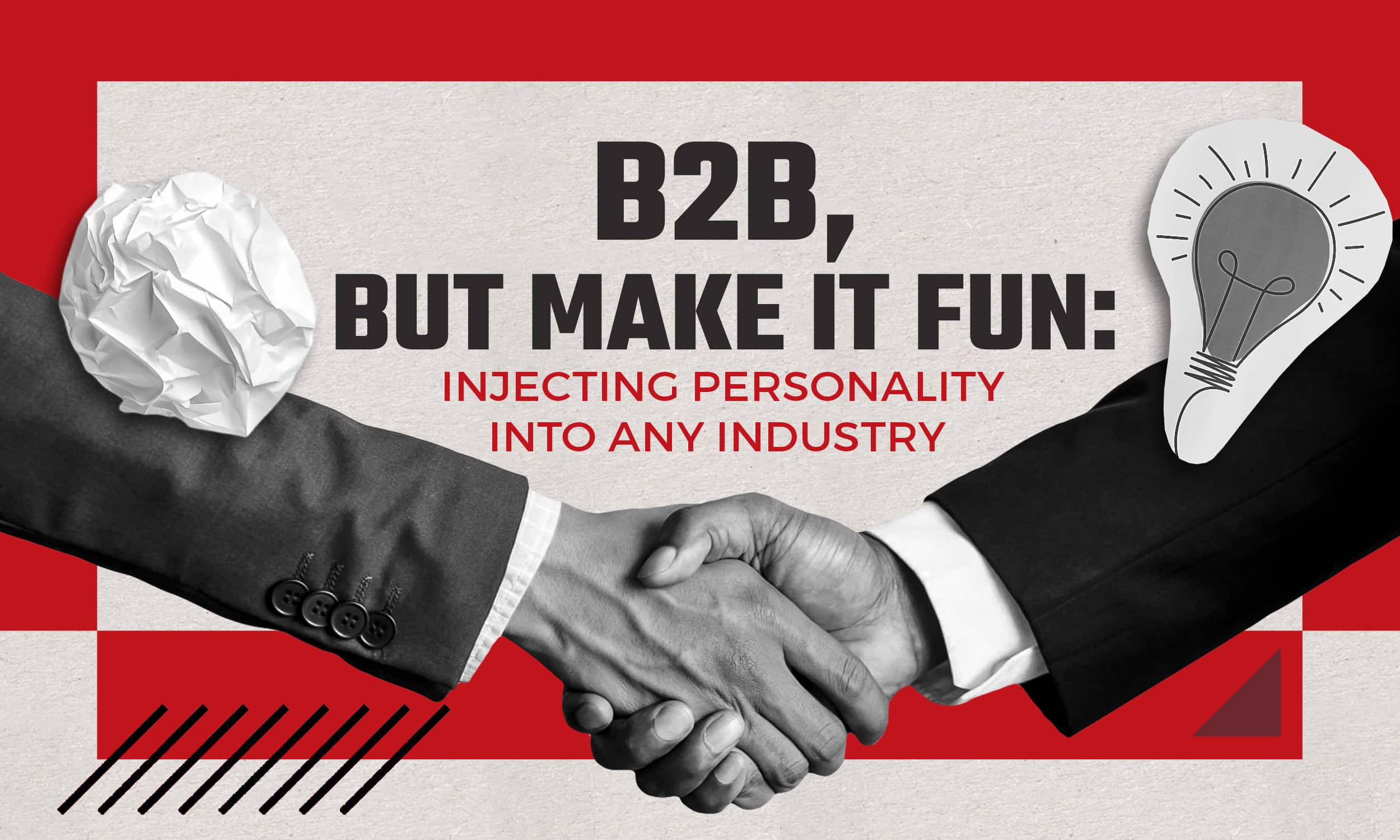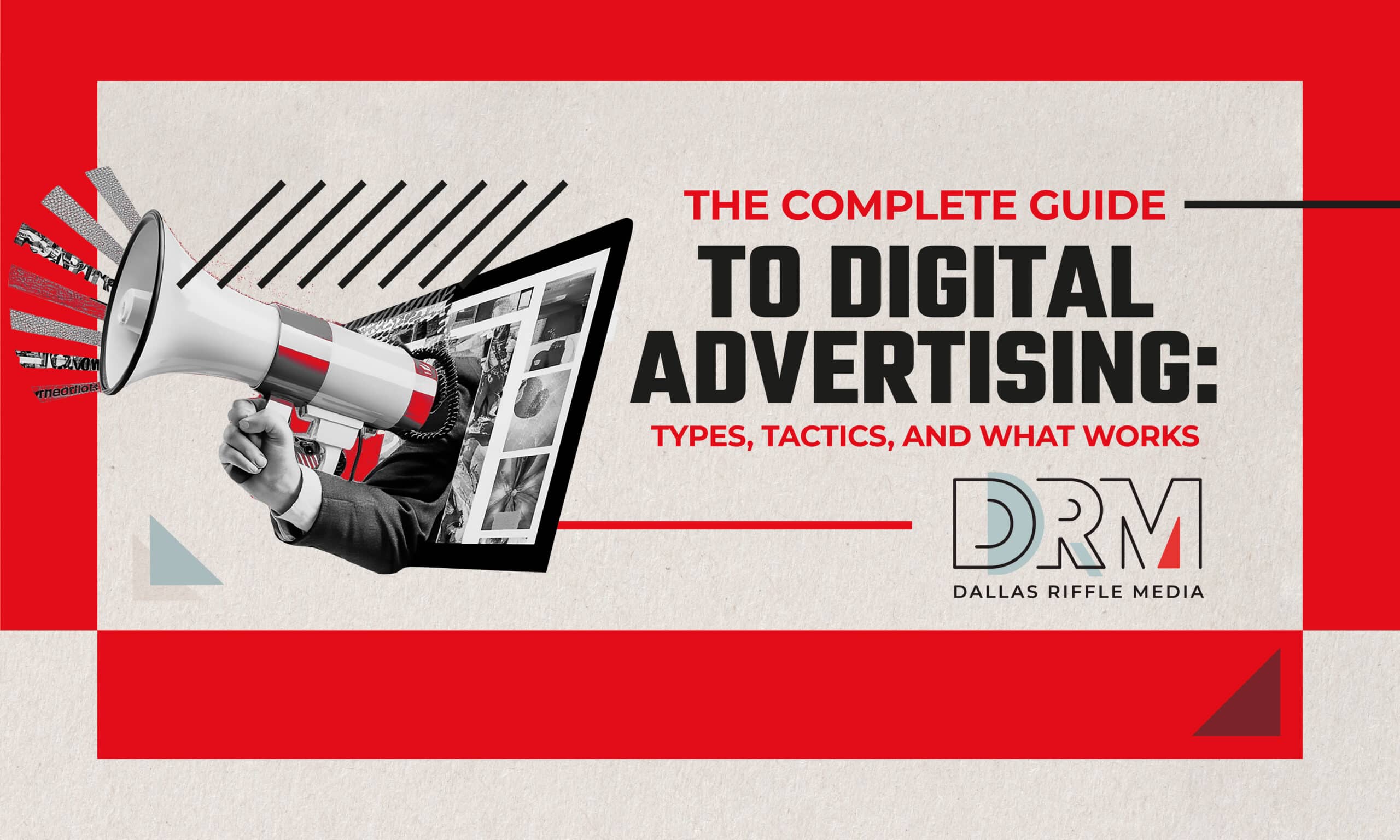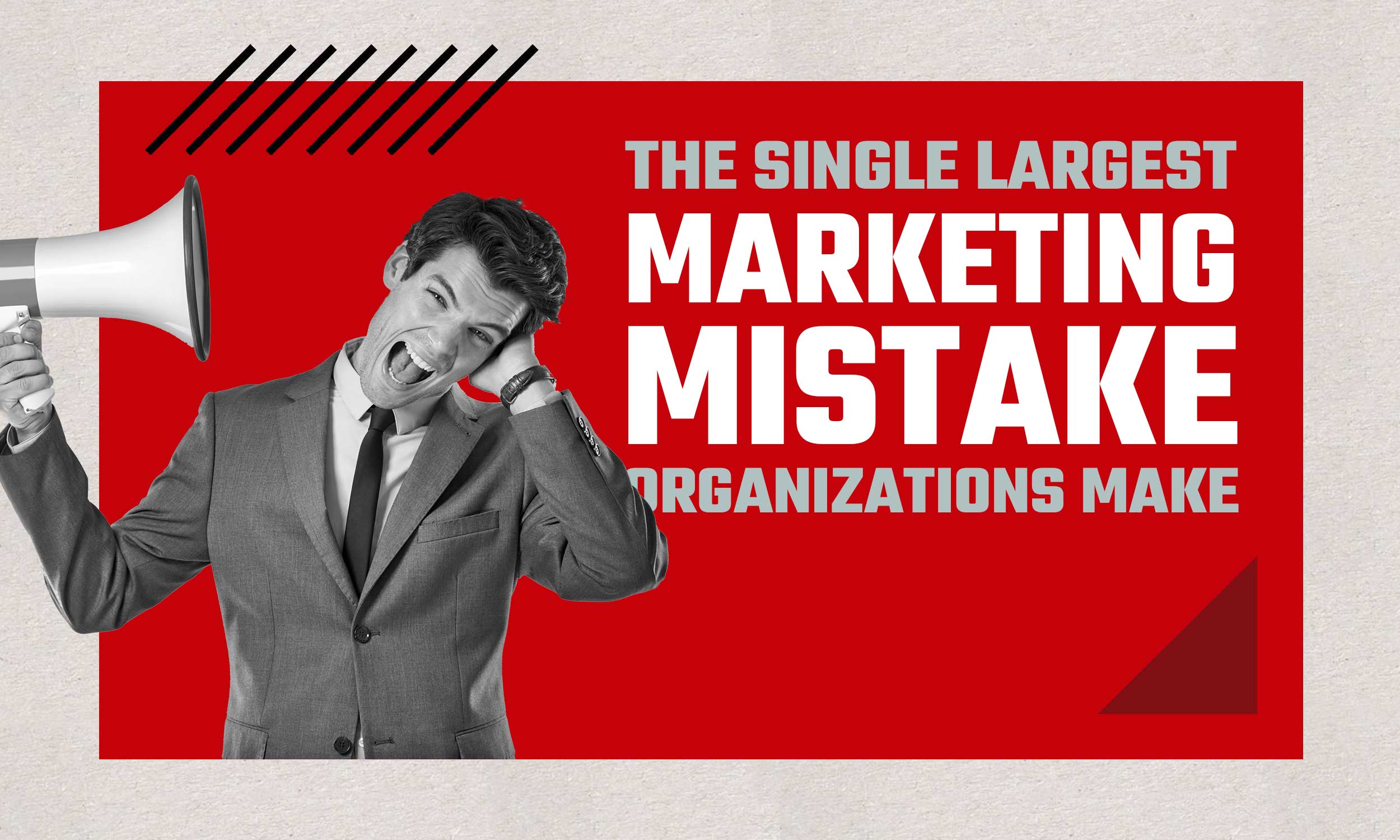
The Largest Marketing Mistake Organizations Make
It’s a common mistake, made by organizations large and small: Forgetting that marketing is about what’s important to your customers, not your organization.
Well, perhaps they aren’t forgetting that fact. Maybe they just don’t realize it. Or understand it.
Regardless, ‘The Most Important Rule of Marketing That Always Was, Always Is, and Always Will Be True’ is: It’s all about your customers, not you.
The word ‘market’ is at the beginning of the word ‘marketing’ for a good reason; to remind us that everything starts and ends with the market – your customers and potential customers. This is one of the hardest things marketers must tell the people that write the checks: ‘it’s not about you, it’s about them.’ It’s a hard truth, but it’s still the truth.
This is why the first question marketers always ask is: ’Who is the customer?’ or ‘Who is the audience?’
The success of any business is dependent on understanding what the market wants and needs, providing it to them, and communicating what you do (your marketing message) in a way that inspires people to consume your product or service.
Why do many organizations make the mistake of forgetting that it’s about the customer and not themselves? There are several reasons.
Ego.
Entrepreneurs and founders of companies typically have extreme experience in a certain area and that expertise often comes with a large ego. There’s nothing wrong with that, and to start your own company, raise funds, be the main salesperson and spokesperson, and do everything else required of a company leader, you need one. But ego can lead to marketing shortsightedness.
Ego can make a person or organization believe their product or service is wanted or needed, just because they think it is, or that their product or service is better than everyone else’s, just because they believe it is, and that simply isn’t the case. Here’s an example: a consumer product company’s founder held a PhD in a very specific area of study and believed that the market would trust him implicitly and buy his products because of his education and perceived expertness. Truth was, the market didn’t really care about his education, and since he tried to explain how the products worked intellectually instead of making an emotional connection with the market, they failed. His ego got in the way of successful marketing.
Bias.
It is rare that a marketer, or marketing team, is completely representative of the target audience that a product or service is aimed at, and that introduces bias into the equation. Internal bias means that the organization cannot look at the product like the target audience would.
An example of a possible bias in marketing is if a marketing team is all college educated and raised middle class. They might create a marketing story that assumes that their path to adulthood and professional life is common, and that most of their target market traversed the same path. This bias could create marketing messaging that might not be reflective of the target market and as such, will not resonate with them.
Human beings are naturally biased, and organizations need to view everything through the market’s eyes to determine viability. Even better is to ask the market: Is this product good? Is it priced right? Does this messaging work?
Luck.
Occasionally, a company gets lucky and is in the right place at the right time with their product introduction and it is a resounding success. This can lead to an inflated level of confidence that everything they do will be as successful.
Twitter is a good example. Their ‘microblogging’ platform caught the attention of consumers just as mobile phone usage was taking off, but even though its founders thought the company could do anything, they were never able to create any other real products that were equal in popularity and its advertising platform never really gained much traction.
What it all means: people don’t necessarily care about your product or service, they care about themselves, and what your product or service can do for them and how you can fulfill their wants and needs.
People, or ‘the market,’ don’t necessarily engage with your organization because of your mission, or leadership, or logo; they engage with you because they believe your product or service adds value to their lives. They don’t do business with an accounting firm because it is the ‘official accounting firm of Local Sports Team,’ they do business with them because they’re experienced providing accounting services to businesses of their size and it takes something off their plate.
Oh, and ‘the market’ doesn’t do business with DRM because we’re creative. It does business with DRM because we can take our creativity and use it to connect our clients’ brands to their audience and generate engagement and business for them.
DRM is a full-service marketing agency that uses creativity to connect your brand to your audience and help your business grow. We were founded to do what we are passionate about: Putting creativity to work and connecting brands to their audience, connecting audiences to your company goals, and connecting your business to the success it deserves.

